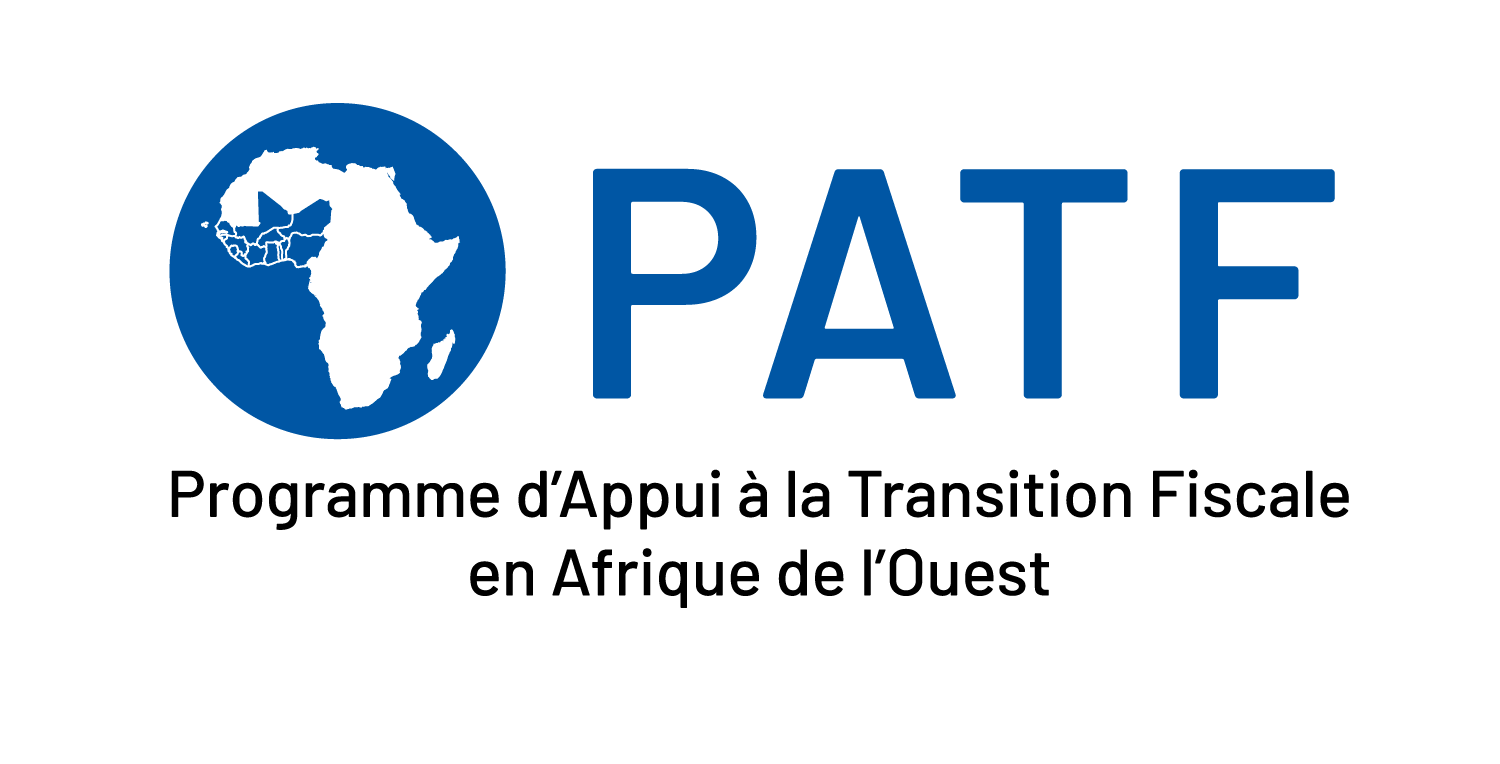In 2019, global economic growth stood at 2.9%, according to the IMF, compared to 3.6% in 2018, in relation to a slowdown in manufacturing output and trade. For 2020, the growth rate would be -4.9%, due to the effects of the health crisis related to the coronavirus (COVID-19) on the world economy.
In sub-Saharan Africa, growth was 3.1% in 2019 compared to 3.3% in 2018. Within ECOWAS, the growth rate was estimated at 3.6% in 2019 compared to 3.4% a year earlier. In Nigeria, the growth rate was 2.2% in 2019, following a rate of 1.9% in 2018, driven by a recovery in production and oil prices. For 2020, the growth rate in sub-Saharan Africa is projected at -3.2%.
The inflation rate in advanced countries was 1.4% in 2019 compared to 2.0% in 2018, consistent with a weakening growth and energy prices. In sub-Saharan Africa, average annual inflation was reported at 8.4 percent in 2019, compared to 8.5 percent in 2018.
On the commodities market, the IMF primary commodity price index declined by 8.3% in 2019, driven by continued trade tensions and a slowing global economy. In terms of the main commodities exported by the countries of the Union, prices of cocoa, rubber, gold, and phosphate rose, while those of robusta coffee, cotton, cashew nuts, palm oil, and palm kernel oil fell.

